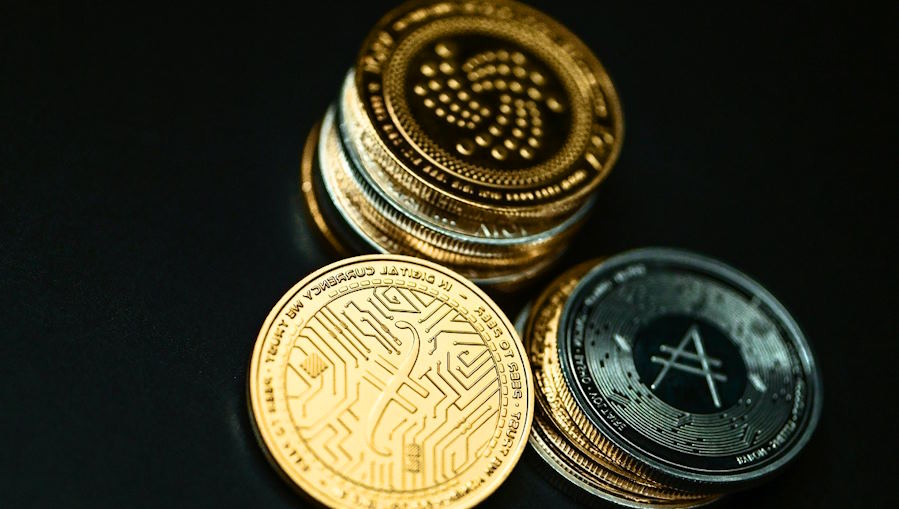New coin listings represent not only a technological innovation but also a step toward addressing real-world problems through decentralized solutions. As investors, developers, and enthusiasts eagerly await these listings, they can significantly influence the adoption, market perception, and overall success of a cryptocurrency project.
Researching Potential Investments
When it comes to venturing into the world of cryptocurrency investments, a solid research foundation is paramount. Before leaping into any new coin listing, understanding the key aspects that underpin its potential success is crucial.
Coin Fundamentals
 Technology and Innovation: Delve into the technological architecture of the new coin. Is it built upon a robust and secure blockchain? Are there any unique features that set it apart? Evaluating the technical innovation behind the coin can provide insights into its scalability, security, and potential for real-world adoption.
Technology and Innovation: Delve into the technological architecture of the new coin. Is it built upon a robust and secure blockchain? Are there any unique features that set it apart? Evaluating the technical innovation behind the coin can provide insights into its scalability, security, and potential for real-world adoption.- Use Case and Problem-Solving: Investigate the specific problem the new coin aims to solve. Does it offer a practical solution that addresses an existing gap in the market? Coins with a clear use case tend to have better long-term prospects, as they fulfill tangible needs.
- Team and Development: The strength of the team driving the coin’s development cannot be understated. Research the backgrounds of key team members, their experience in the field, and their track record. A competent and experienced team is more likely to navigate challenges effectively.
Market Trends and Demand
- Identifying Market Gaps: Analyze the current cryptocurrency landscape. Is there a gap that the new coin can fill? A coin that addresses an underserved niche could find a ready market and experience rapid adoption.
- Analyzing Target Audience: Understanding the intended user base for the coin is crucial. Who stands to benefit the most from its features? Research their needs, preferences, and behaviors to gauge the potential demand.
Regulatory Considerations
- Legal Status in Different Jurisdictions: Cryptocurrency regulations vary widely across different regions. Investigate the coin’s compliance with regulations in its intended markets to avoid legal pitfalls.
- Compliance and Potential Risks: Assess the extent to which the coin’s development adheres to regulatory guidelines. Failure to comply could lead to legal issues that might impact the coin’s value and future prospects.
Evaluating Coin Listings on Exchanges
Selecting the right exchange for trading or investing in a newly listed cryptocurrency is a critical decision that can significantly impact your experience and outcomes. Here’s what to consider when evaluating coin listings on exchanges:
Diverse Range of Exchanges
- Major Centralized Exchanges: Established platforms like Binance, Coinbase, and Kraken offer high liquidity and exposure to a vast user base. Listing on these exchanges can lead to increased visibility and trading activity.
- Decentralized Exchanges (DEXs): DEXs like Uniswap and PancakeSwap provide a decentralized trading environment, granting users more control over their funds. Consider the user interface, trading pairs, and community support when evaluating DEX options.
Liquidity and Trading Volume
Examine the trading volume and liquidity of the new coin on the chosen exchange. Higher trading volume indicates greater market activity, making it easier to buy or sell at desired prices.
Exchange Reputation and Security Measures
Prioritize exchanges with a solid reputation for security and reliability. Research their history, user reviews, and security protocols to ensure your funds are safe from potential threats.
Listing Fees and Potential Red Flags
Be cautious of excessive listing fees charged by some exchanges. Unreasonably high fees could be a red flag for potential scams. Additionally, watch out for exchanges that list a large number of obscure or low-quality coins, as this could signal a lack of due diligence.





